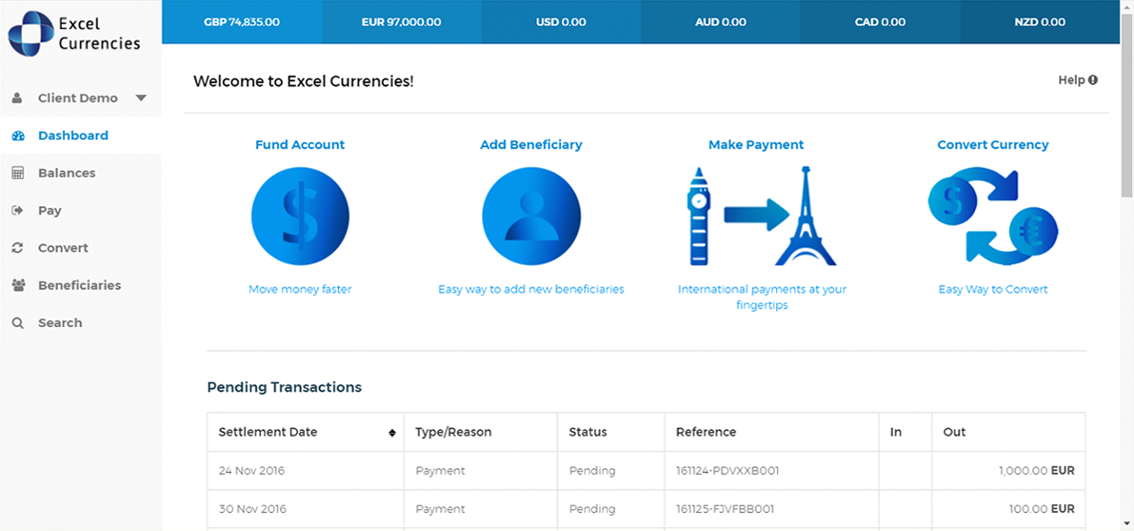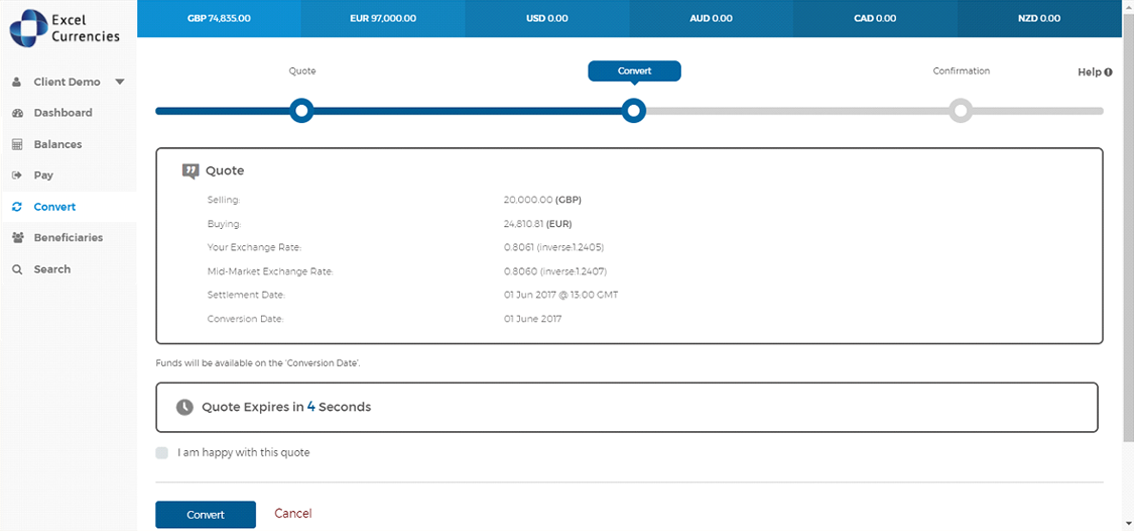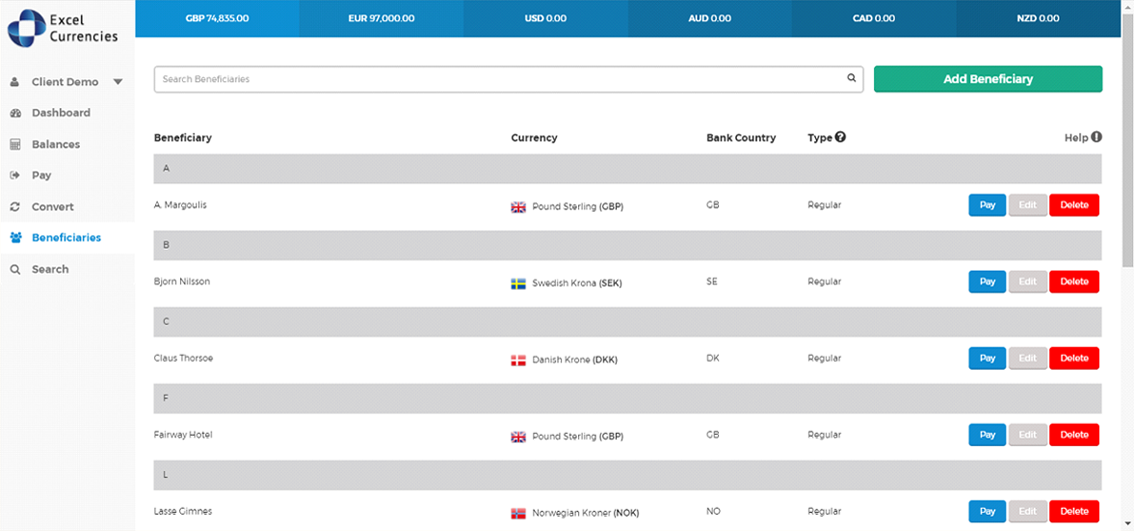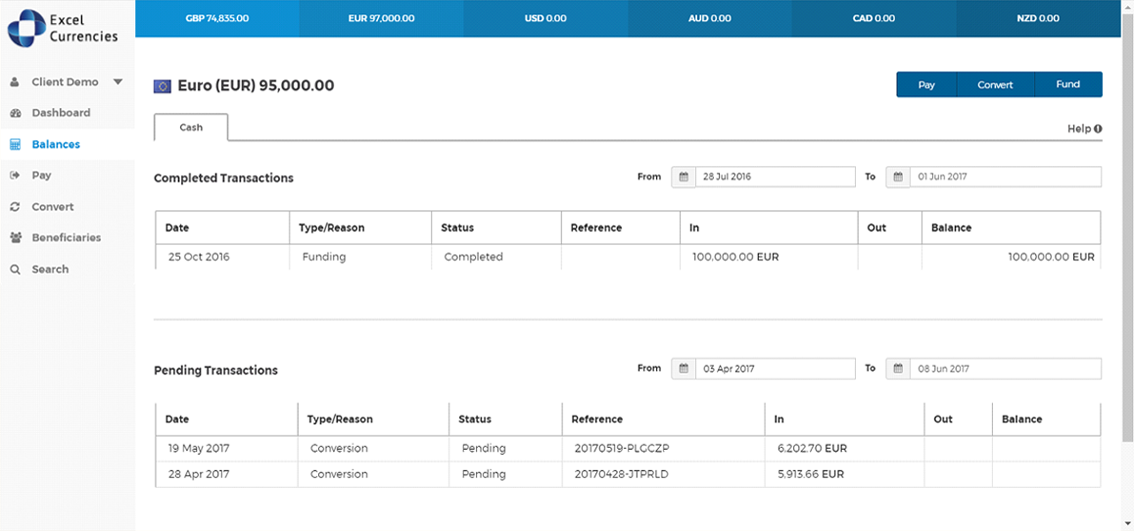Back in 2022 we saw;
- £-$ decrease in value by 10% with a market swing of 30-cents (1.37-1.07) and an average rate of 1.24.
- £-€ decrease in value by 5% with a market swing of 10-cents (1.21-1.11) and an average rate of 1.17.
GBP volatility has been increasing ever since the Brexit vote in 2016. Uncertainty and turbulence in the global political and economic environment has been heightened since this point.
Hedging is a tool to ‘de-risk’ your business or lifesavings when involved in exchanging currencies and is not a tool to drive financial reward. The purpose is you are buying certainty, not to make more money.
Hedging might seem like something that happens on Wall Street, both impressive and terrifying at the same time. But it shouldn’t be scary or complicated, you might even already be using hedging strategies in your everyday life.
For example, health/life insurance is hedging against future scenarios. Hedging will not prevent an incident occurring, but it can protect you/your loved ones if the worst should happen. You may not benefit from it, but if something goes wrong, you will be very glad it is there.
We are on a mission to bring hedging to the masses. With our market leading hedging calculator (offered free to all our customers trading over £100,000pa) we can ensure your company profits or lifesavings are protected. Here are some examples of how we can help do that..
Forward Contract
At the heart of any exchange rate risk management strategy is the Forward Contract. This is a contract to buy a currency at an agreed exchange rate on a particular date in the future. A ‘buy now, pay later’ type of contract buys certainty without using much cashflow. Usually a 3%-10% deposit is required to book in the trade.
A Forward Contract is determined by the current exchange rate, the interest rate differentials between the two currencies, and the length of the Forward Contract. It is simply an arithmetic calculation with the main component being; the interest rate differential.
The three types of forward contracts on offer are;
FIXED FORWARD CONTRACT - Suitable for those that know how much they will need to spend in the future and on which date it will be required for. The main type of Forward Contract used by overseas property buyers.
PARTIALLY OPEN FORWARD CONTRACTS - Allows for pre-delivery within a set period during the term, typically this is a 1-2-month window towards the end of the forward contract value date. If the date you require the funds to be available is not fixed and you need some flexibility on the date, this is the forward contract for you.
OPEN FORWARD CONTRACTS - Offers complete flexibility on drawdowns. This is a great product for businesses that regularly have a need to send money overseas.
The disadvantages of a Forward Contract are:
-
The market may work in your favour during the time window of the contract. If this happens, you are still obliged to complete the Forward Contract at the lower rate, as this is what has been secured on your behalf from the live market. Similar to buying a stock or share.
-
A margin call can occur if the exchange rate moves against the position.
-
Reducing currency risk doesn’t come for free unfortunately. Generally, 10-30 pips will be lost against the spot trade rate each month the Forward Contract is required. This is due to liquidity, ongoing economic uncertainty, interest rates and the further adoption of Forward Contracts.
The advantages of a Forward Contract are:
- It's a de-risking tool. The FX market is the biggest market in the world and one of the most volatile. Booking spot is just like rolling the dice; sometimes you win, sometimes you lose. Take risk off the table with a Forward Contract.
-
If something can’t be predicted, the next best thing is buying certainty. The purpose of a Forward Contract is not to make more money, but to know exactly what something is going to cost you.
-
Anyone booking spot will ultimately be looking at and worrying about exchange rates often. Take back the most important commodity in life with a Forward Contract; time.
-
The Forward Contract is a commonly used tool for businesses that are trading overseas. 96% of the FTSE 500 companies buy forward, if it's good for them, it's good for you.
Limit order
A form of contract in which the purchase is made when a rising exchange rate reaches a pre-set limit and condition. This can be offered on both spot and forward contracts and is a great set and leave tool.
Stop loss order
Is similar to the above, but the purchase is made when a falling exchange rate reaches a pre-set limit and condition. Again, this can be offered on both spot and forward contracts and it gives you back the most valuble commodity in life; time. This is because you are not worrying whether a rate is dropping like a stone or not with this tool in place.
Rate alert
A basic form of risk management that instead of triggering an action on your behalf, alerts you once a desired rate (either or low) has been triggered, leaving you to make a decision on what to do next. The question then would be do you buy some, half, most or all that you are required to buy once your rate has been triggered.
Managing FX is a source of complexity for the overwhelming majority of people and businesses. An unwelcome risk in a volatile market with currencies that are near on impossible to forecast.
The 24-hour FX market is highly liquid and reacts very quickly to economic and political developments. Don’t gamble with your company profits or lifesavings and speak to us instead about how hedging can help protect your bottom line.

 Twitter
Twitter Facebook
Facebook linkedin
linkedin Google
Google







